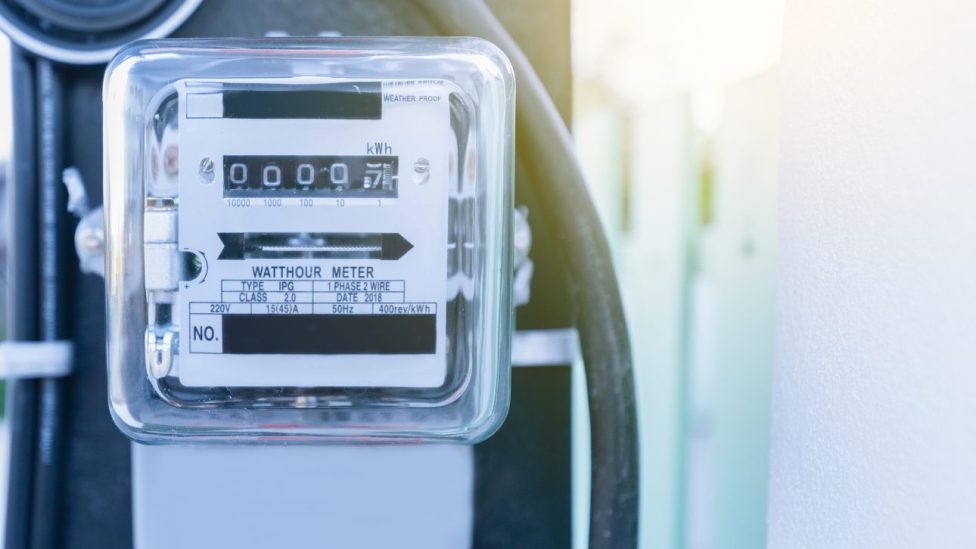New rules will target energy scams and hidden utility costs involving third-party brokers. They’ll also make it easier for local shops to get compensation in supplier disputes.
From 19 December, a new category of small businesses, defined as having fewer than 50 employees, will be able to escalate disputes with energy suppliers and brokers to the Energy Ombudsman (EO).
Shops can also qualify for the scheme by having less than £6.5m in annual turnover or less than 200,000KWh annual electricity consumption. Previously, only ‘micro-businesses’ with fewer than 10 employees could access this service.
The new law will “empower these businesses with redress support, potentially including compensation of up to £10,000”, explained broker Neil King, of Wiser Utilities, who is outspoken in challenging malpractice by others in the industry and provides support for business owners caught out by utility scams.
The government said energy suppliers will require adjustments “to ensure they are familiar with the new eligibility criteria for small businesses” and be prepared to direct small businesses to the EO during disputes.
Law will target scammers
The law will also target unscrupulous third-party energy brokers that “have historically exploited small businesses”, King said.
Under the laws, brokers will be forced to clearly disclose all fees and charges in shops’ contracts.
Energy suppliers will only be allowed to partner with brokers that are part of a Qualifying Dispute Settlement Scheme (QDSS), which King said will “ensure shops can raise complaints against brokers without resorting to costly legal action”.
Though legitimate brokers are probably already registered with a QDSS, the requirement will target a subset of small-scale brokers that often advertise through retailer groups on social media.
Such brokers “have been known to add hidden commissions to energy bills, sometimes amounting to thousands of pounds over a contract’s lifetime, and businesses are often unaware of these fees until it was too late”, King said.
“Sales agents sometimes rush small businesses into signing contracts by falsely claiming time-sensitive deals or threatening loss of service,” he added.
Other common scams involve brokers impersonating Ofgem officials or energy suppliers, as well as third parties changing shops’ meters without consent.
While the measures aim to improve broker transparency, King said they “stop short of full regulation of brokers and third-party intermediaries, leaving potential gaps in accountability until further reforms are introduced”.
He added his concern that, “historically, uptake of similar schemes has been low due to lack of awareness”.
Read more Industry news



Comments
This article doesn't have any comments yet, be the first!